![]()
![]()
![]()
Use LEFT and RIGHT arrow keys to navigate between flashcards;
Use UP and DOWN arrow keys to flip the card;
H to show hint;
A reads text to speech;
40 Cards in this Set
- Front
- Back
- 3rd side (hint)
|
Articles of Confederation |
first failed government before the Constitution |

|
|
|
ratification
|
act of official confirmation
|
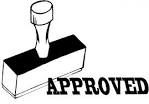
|
|
|
levy
|
impose or raise a tax
|
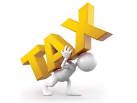
|
|
|
Founders (or Framers) |
people who helped create the U.S. Constituition |

|
|
|
Virginia Plan |
the powers were divided into 3 branches; executive, legislative, and judicial
|
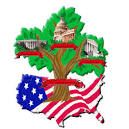
|
|
|
New Jersey Plan
|
a single house legislature in which each state had an equal vote, small states supported it
|
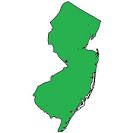
|
|
|
Great Compromise |
each state had an equal number of votes in the senate, the population determined how many votes they would have in the House |

|
|
|
Three-Fifths Compromise |
3/5 of the slave population counted to determine representation and when setting direct taxes on the states
|
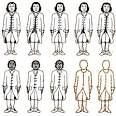
|
|
|
Executive Branch |
enforced the laws
|

|
|
|
Judicial Branch
|
interpreted laws
|

|
|
|
Legislative Branch
|
created laws
|

|
|
|
Checks & Balances
|
one branch has the ability to exercise checks or controls
|

|
|
|
Antifederalists |
thought the Constitution took to much power away from the states |

|
|
|
Federalists
|
people that supported the Constitution
|
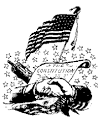
|
|
|
Federalism
|
system of government where the powers are shared between the federal government and the states.
|

|
|
|
majority rule |
a system of government where more than one half of a group holds the power to make decisions binding the entire group |
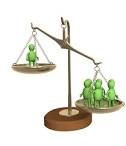
|
|
|
amendment
|
addition to a document
|
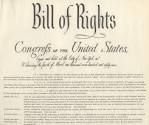
|
|
|
Bill of Rights
|
10 amendments in the new government. 3/4 states had to approve |
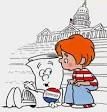
|
|
|
House of Representatives |
part of Congress half of legislative |
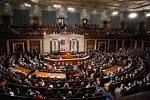
|
|
|
Senate |
assembly or council in legislative
|

|
|
|
Congress
|
made up of two houses- Senate and House of Representatives |

|
|
|
Popular Sovereignty
|
People have the power
|
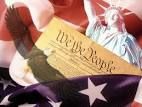
|
|
|
Republicanism
|
republic governmen, main idea: to vote
|
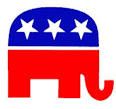
|
|
|
separation of powers
|
one branch can't make all laws and be a monarchy
|
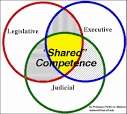
|
|
|
limited government |
restricting or limiting government power |

|
|
|
bicameralism |
having 2 branches or houses as a legislative body |

|
|
|
judicial review |
principle that states that the Supreme Court has the final say in interpreting the Constitution |

|
|
|
impeachment
|
to formally accuse the president of misconduct in office |
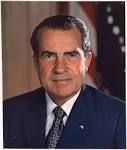
|
|
|
quorum |
the number of memebers of a group or organization required to be present, majority |
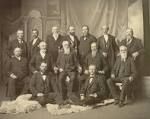
|
|
|
revenue
|
the income of a government from taxation |
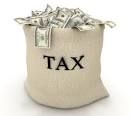
|
|
|
veto
|
to prevent from becoming a law
|
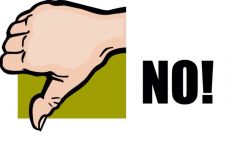
|
|
|
naturalization
|
to confer upon the rights and privileges of a citizen
|
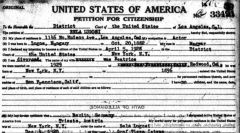
|
|
|
elastic clause
|
a statement in the U.S. Constitution granting Congress the power to pass all laws necessary and proper for carrying out the list of powers
|
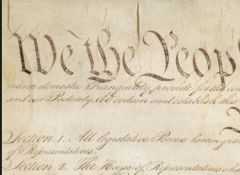
|
|
|
natural born citizen
|
someone who is considered a U.S. citizen from birth; do not need to appy for any rights of citizenship
|

|
|
|
electoral college
|
a body of electors chosen by the voters in each state to elect the president and vice president of the U.S.
|
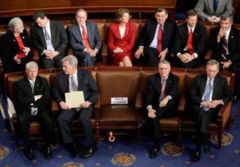
|
|
|
Supreme Court
|
Highest judicial court in the country
|
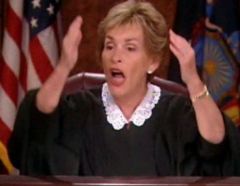
|
|
|
suffrage
|
the right to vote
|
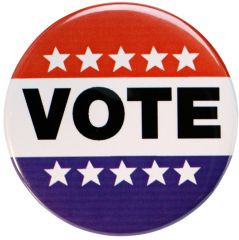
|
|
|
due process of law
|
the regular administration of the law, according to which no citizen may be denied his or her legal rights and has the right to confront his or hers accusers
|
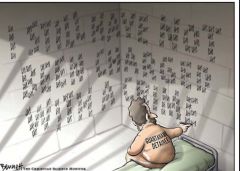
|
|
|
bail |
Something you give to get a suspect out of jail
|
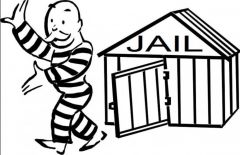
|
|
|
Constitution
|
2nd attempt at creating a government, used in our government today
|
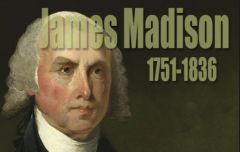
|

